News & Commentary
Witmer Honored as Defender of Democracy
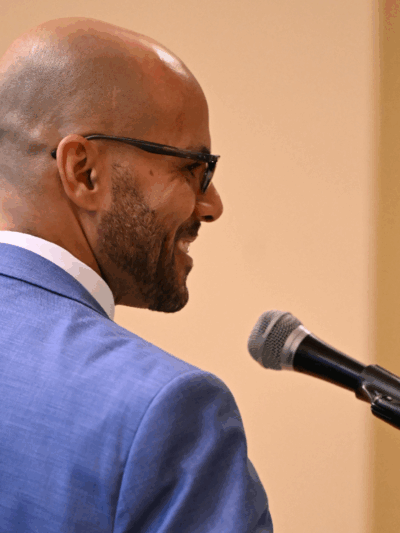
The Prison Lawsuit: David vs. Goliath
It’s been over a year since the filing of our historic federal class action challenging dangerous overcrowding and unconstitutional conditions of confinement in Nebraska’s crisis-riddled prison system.
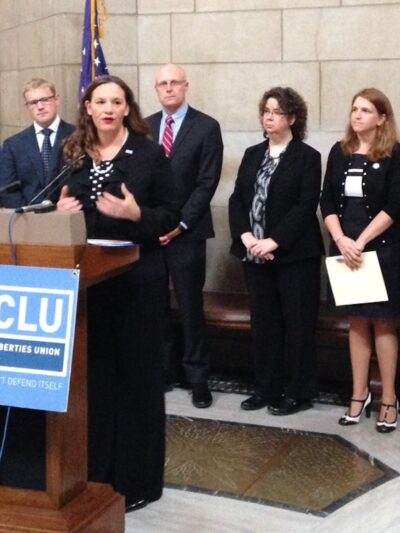
Nebraska Is Illegally Obtaining and Storing Execution Drugs in Defiance of Federal Law
For years, the state of Nebraska has had a troubled history of cutting corners in its zealous pursuit of lethal-injection drugs to keep its death penalty program alive. In November, the state announced that it would use an experimental drug cocktail not previously used in the United States to carry out its next execution. What the state didn’t reveal, however, is that it was violating federal law when acquiring the ingredients for the lethal cocktail.
By Danielle Conrad

I spent my 16th Birthday Alone in a Cell
Many 16-year-olds spend their birthdays with their family and friends. I spent my 16th birthday this past March trapped in solitary confinement.
By Megan, a young Nebraskan

Thanks to you - 2017 Victory List
The last year was a relentless attack on civil rights and civil liberties emanating from the highest echelons of political power and emboldening state and local leaders to act in ways previously unimaginable.
Nevertheless, we persisted, we resisted, and we achieved important progress.
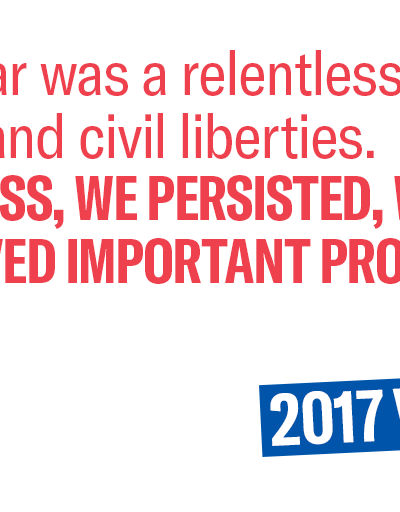
Broke In A Broken System–Too Many Nebraskans Are Still Sitting In Jail Just Because They Can't Afford Their Court Fines And Fees
No one should be in jail simply because of the size of their bank account. Yet in Nebraska and around the country, thousands of individuals are simply too poor to pay fines and fees issued by the courts. Practices that were outlawed in the 19th century are still leading to poor people being trapped in a maze that only has one conclusion: mass incarceration.
By Rose Godinez
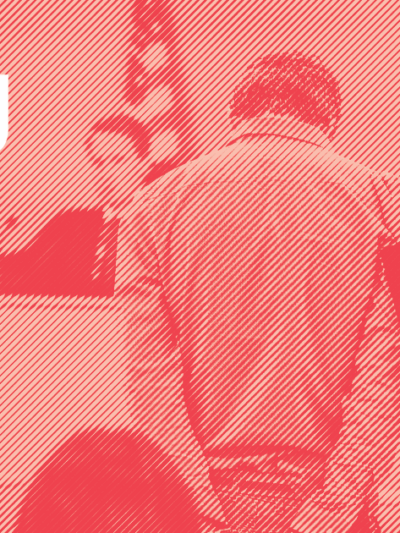
Yes, that really is a sheriff swimming in poor Nebraskans’ money.
For a poor Nebraskan in a county jail, one month of calls with your family might cost more than driving to the jail for a visit.
By Amy Miller

Nebraska’s female prisoners deserve access to basic sanitary necessities. Period.
For more than five years, the female jail population has been the fastest growing correctional population in the United States. In Nebraska, the number of women in jail or prison is also on the rise. Yet jails and prisons often fail to address the unique needs of women in these facilities.
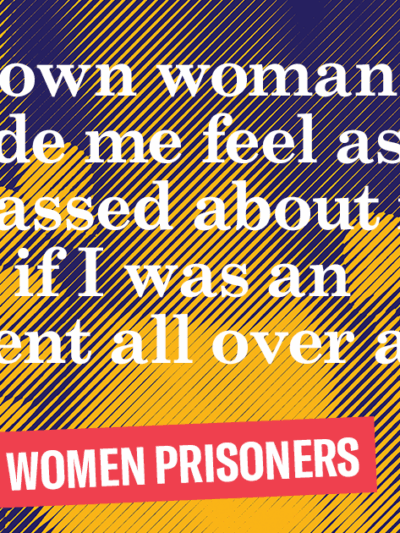
Overcrowding In Nebraska’s Prisons Is Causing a Medical and Mental Health Care Crisis
Nebraska’s prison conditions are inhumane and unconstitutional, and ultimately, they hurt public safety. We can’t reduce recidivism rates among former prisoners if, instead of being given rehabilitation opportunities, they have been horribly traumatized during incarceration.
By Amy Miller

Stay Informed
Sign up to be the first to hear about how to take action.
By completing this form, I agree to receive occasional emails per the terms of the ACLU’s privacy statement.
By completing this form, I agree to receive occasional emails per the terms of the ACLU’s privacy statement.
